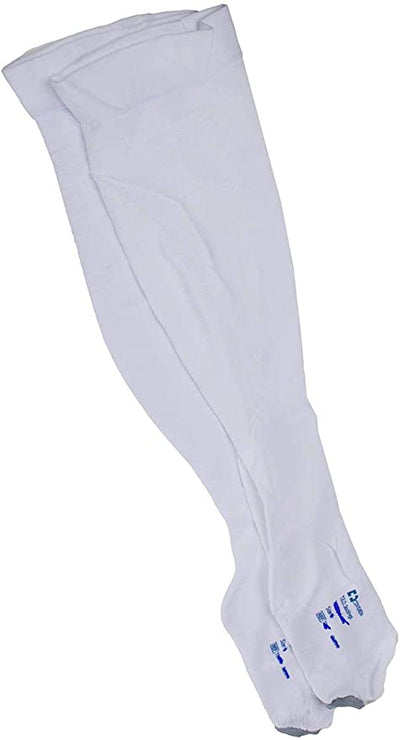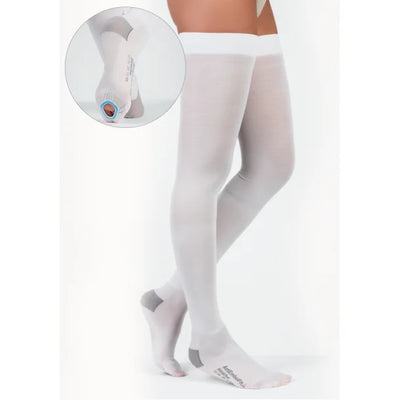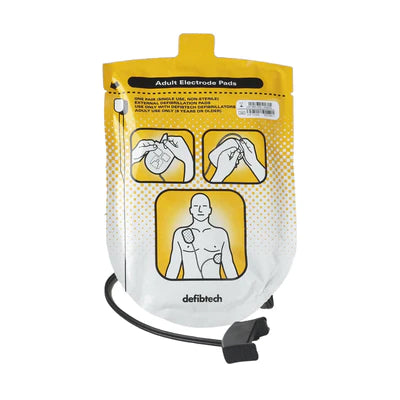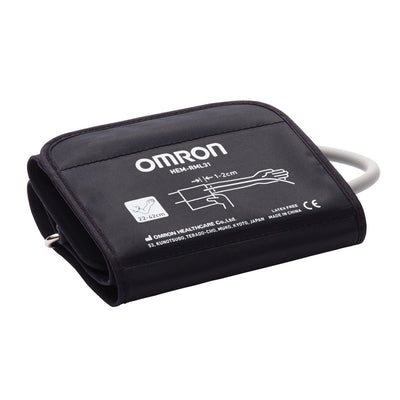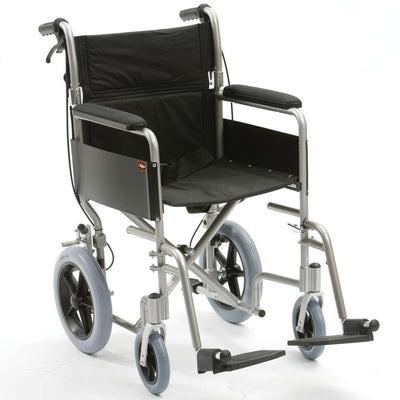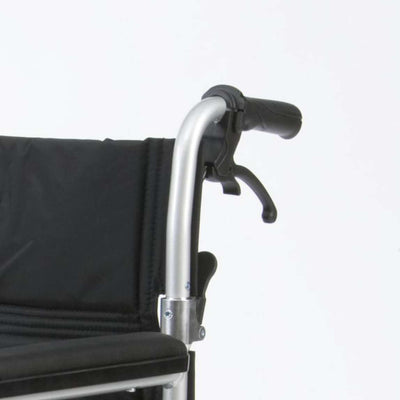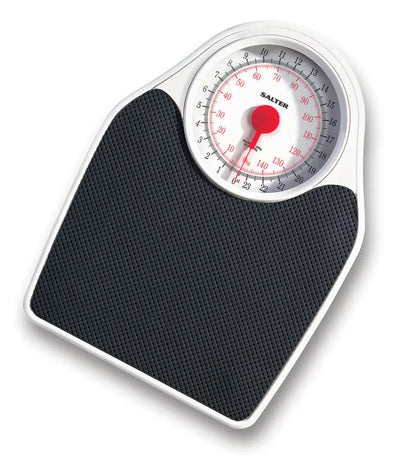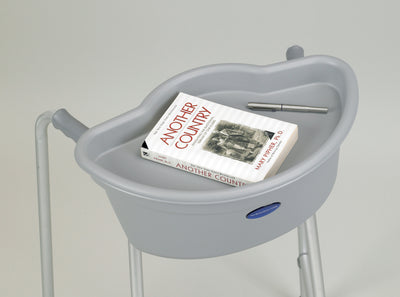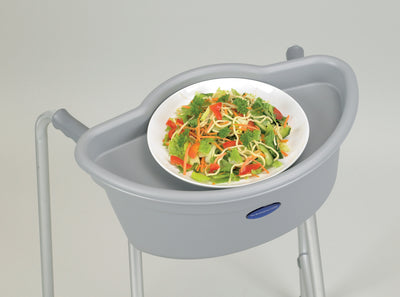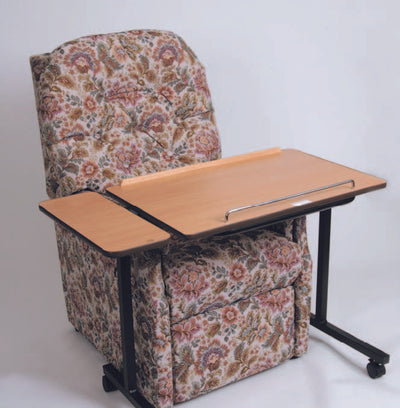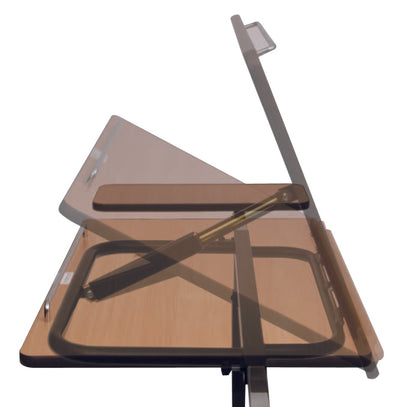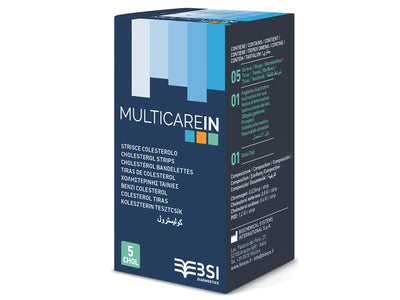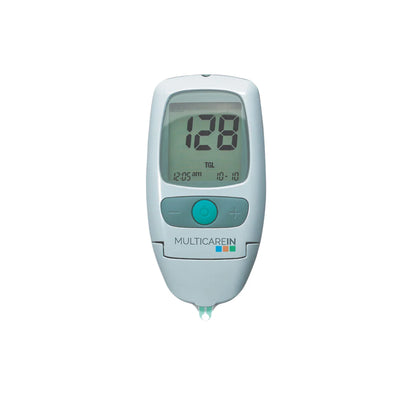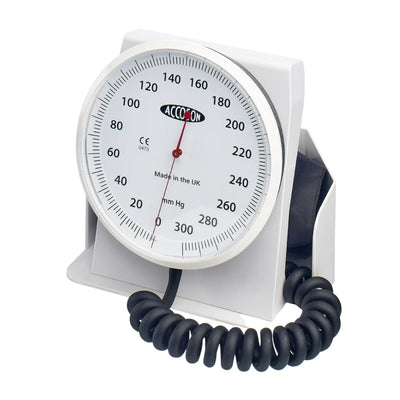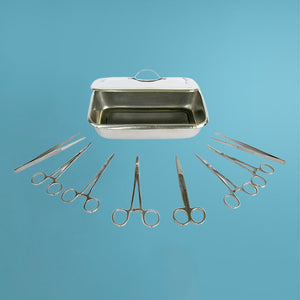You’ve done the training. Tapering and carb loading are in the bag. You’re mentally and physically prepared to toe the line and enjoy (endure?!) all of the 26.2 miles ahead of you.
But have you thought about how your body will feel once you’re done?
With your mind and body focused on getting to the finish line, have you taken a minute to plan your recovery in the hours and days after the race?
Planning for a good marathon recovery is just as important as following a pre-race training plan to get you through the miles. So while you’re in your tapering week, take the extra time you have on your hands to think through how you’ll treat your body for optimum repair in the hours, days and weeks after you cross that finish line!
How will you Feel?
Running 26.2 miles will leave you with more than just a few sore muscles - although these might seem like your most pressing concern.
- Your immune system will be suppressed and you’ll be more susceptible to colds and sickness.
- Your muscle strength will be reduced as your body protects itself while repairing the network of damaged tissue and muscles.
- Your heart might be slightly weakened or even damaged (although this can be avoided if your training has been sensible, consistent and plentiful)
- Your coordination and muscle memory will be compromised making you more susceptible to stress injuries in the following 2-3 weeks.
Recover Sensibly
You will want to take your recovery in stages as your body will be going through some major repair work over the hours, days and weeks to come.
Immediately after the race:
Keep moving.
You might want to stand still, lie or sit down but this can actually cause you to faint, so make sure you keep moving for 15-20 minutes after you stop running to clear your muscles and blood stream of adrenaline, cortisol and lactic acid. Your muscles will thank you for this in the next few days.
Rehydrate.
After 26.2 miles your body will be dehydrated. Be sure to drink and if you can include some electrolytes in the water to replace lost salt and minerals, even better.
Eat.
You might be starving or you might feel queasy with a loss of appetite. Either way, try to eat some good protein within 15-30 minutes after you finish running. Protein will help to kickstart muscle recovery and repair. You should eat a more substantial meal filled with carbohydrates and protein as soon as you feel ready to stomach it (and yes, this is your chance to treat yourself to that burger and chips!). You can focus on healthy foods from the meal after that if you want!
Rest.
Once you’re home and showered, you should take a nap. Prioritizing sleep should be number one on your recovery list this week. You might struggle to sleep well on the first night, so don’t worry. Take regular naps and get to bed early this week.
Ice.
To combat swollen joints and muscles, and if you’re brave enough, you could consider taking an ice bath - empty a bag of ice in a tub of cold water and immerse your lower body for 10-15 minutes. Not ready to take that plunge? Ease and cool aching joints with a koolpak throughout the coming hours and days.
Compression.
Compression is a proven method of recovery from marathon running. In fact, runners who wear compression socks or compression tights for 48 hours after a marathon have been shown to have greater muscle and mobility recovery within the first 2 weeks over those who don’t. These don’t need to be sport specific and any available compression sock/tight will be sufficient.
For extra compression therapy which promotes lymphatic drainage and circulatory flow, some athletes will use an air compression massage bag. While much more expensive than a regular compression sock it’s an impressive piece of equipment for home therapy and can treat DVT, sciatica, sprains, injuries and much more.
Elevation.
Raise your legs with a foam leg raiser to support your swollen legs and stimulate circulation.
The Week after the Race.
In the first few days after running a marathon you’ll want to find some gentle ways to keep moving to promote lots of lovely blood flow and muscle repair.
Don’t be tempted to run - that’s not sensible. Even the elite runners take time off after a major event.
Walk, swim or maybe cycle but keep your movement low-intensity. The goal is to promote blood flow and keep your joints moving, not to build fitness or strength.
You will want to eat lots of anti-inflammatory foods to reduce the inevitable swelling that will occur around those damaged and overworked muscles and joints. Inflammation is a natural and useful stage in muscle repair so you don’t want to remove it all together. Anti-inflammatory foods will be more useful to your recovery than anti-inflammatory medicines.
Massage.
Leave it at least 2 days before considering having a massage, to allow for some reduction in inflammation first. Make sure you tell your massage therapist that you’ve just run a marathon and they will be able to keep the pressure light to gently work your tired muscles and promote extra circulation for a good recovery.
A great option for post-run recovery is to use an at-home massage gun. It’s an easy way to give yourself a deep-tissue massage at home for a fraction of the price of regular sports massage and it will help with both injury prevention and post-run muscle rehabilitation.
You Did It
Most importantly, listen to your body as you slowly become more mobile, flexible, strong and maybe even ready to try a gentle run after your first week of recovery.
Take your recovery seriously and your body will thank you for it. You might just get back on track and manage to hit some PB goals in your next marathon!
Need more help? We're always here to help so get in touch today.
For all your Medical and Homecare supplies give us a call at Mediworld.
We have over 40 years experience in medical, surgical, mobility and home health supplies and we're always on hand to chat if you need support or advice and don't forget to read our other great health blogs!
April 2023
